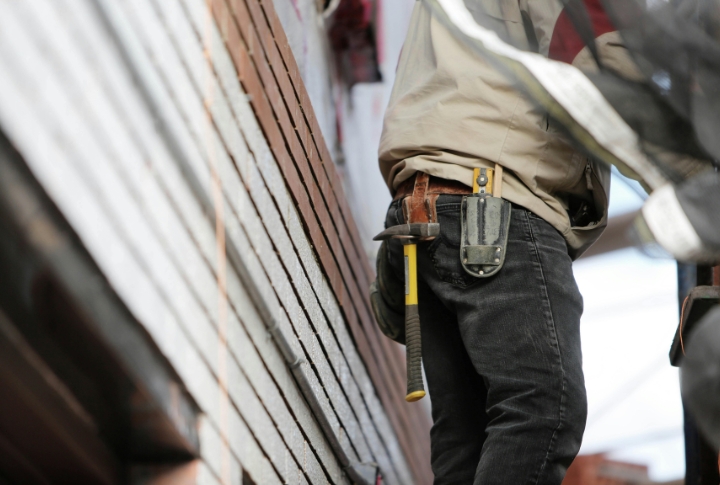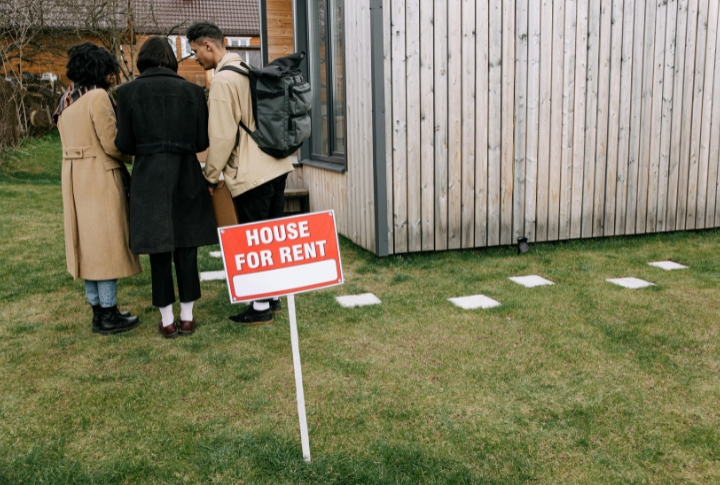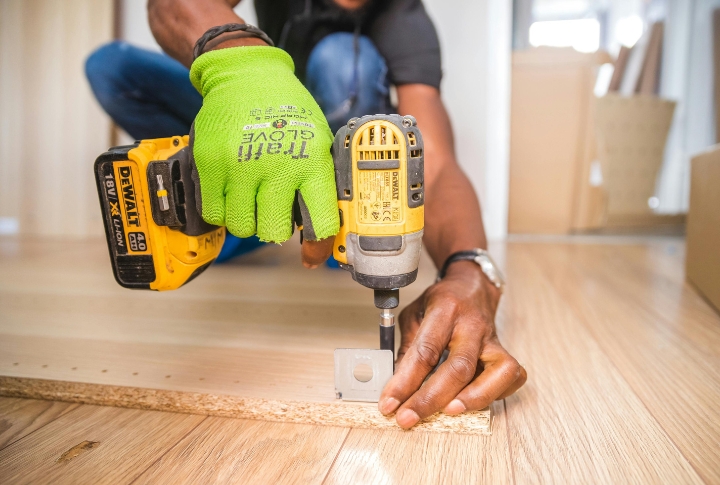
Inheriting a home isn’t always straightforward. It’s a connection to the past, but it often brings unexpected challenges—leaky roofs, outdated wiring, and tough financial decisions. The good news? With a bit of planning and creativity, you can tackle these issues and make the most of the opportunity. Here are ten practical ways to manage an inherited house without stretching your wallet too thin.
Evaluate the Condition of the Property

Begin by assessing every part of the house, from the roof to the foundation. Identifying necessary repairs early prevents costly surprises later. Did you know that routine inspections can reduce repair expenses by a lot?
DIY Simple Repairs and Upgrades

Fixing minor issues yourself can save hundreds. Tasks like painting or replacing cabinet handles require minimal tools and effort. For instance, when hiring professionals, painting a room costs about $150 for materials, compared to $400.
Learn About Local Tax Incentives

Research property tax exemptions and credits in your area. Many local governments offer tax breaks for energy upgrades or historical preservation. In some states, these incentives can save homeowners thousands annually. Keep these benefits in mind when planning expenses.
Prioritize Energy Efficiency Improvements

Upgrade to energy-efficient fixtures to slash utility bills. According to the Department of Energy, sealing drafty windows alone can cut heating costs by 30%. Invest in LED bulbs and smart thermostats, which usually pay for themselves within a year.
Opt for Preventive Maintenance

Regular upkeep reduces the likelihood of expensive emergency repairs. Clean gutters seasonally to prevent water damage and check the HVAC system twice yearly. For example, a $100 service call can prevent a $5,000 replacement. Staying ahead avoids future headaches.
Rent Out a Portion of the Home

You might want to rent a room or a separate unit to generate income. A single tenant can generate an average of $600 to $1,000 per month, covering utilities or repair costs. This is an opportunity to make the property financially self-reliant.
Use Affordable Community Resources

Take advantage of local programs offering free or low-cost repair services. Organizations like Habitat for Humanity, active in many areas, such as Atlanta, Georgia, offer various kinds of assistance to homeowners in need.
Consider Low-Cost Professional Services

Hire affordable handypersons or small local contractors for specialized work. Vet candidates through reviews and referrals to ensure quality. Local contractors often charge 20% less than larger companies– a balance of affordability and professionalism.
Create a Monthly Maintenance Budget

Set aside a fixed amount monthly for repairs and upkeep. Budgeting just 1% of the home’s value annually can cover most needs. For example, for a $200,000 home, aim to save $167 per month. The saved money can then be used to fix any part of the home.
Sell Or Donate Unused Items From The House

Inherited homes often have clutter. Selling furniture or antiques through platforms like Facebook Marketplace can bring in extra cash. Donating items still in good condition to organizations and charities that need them is an excellent way to declutter your home and help those in need.
